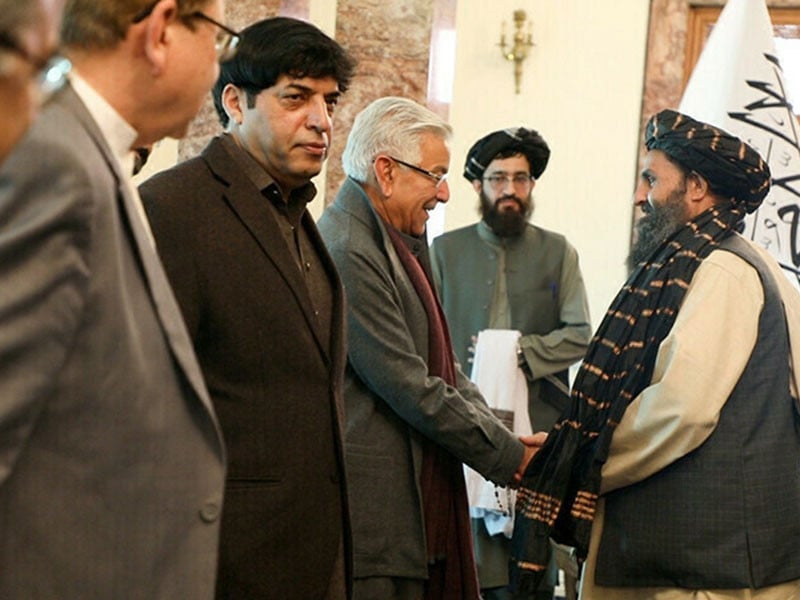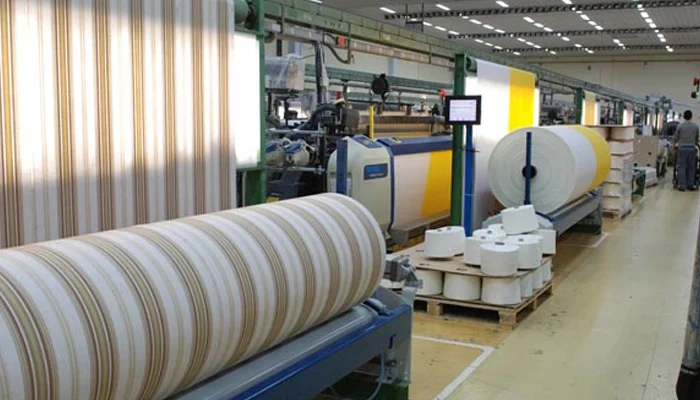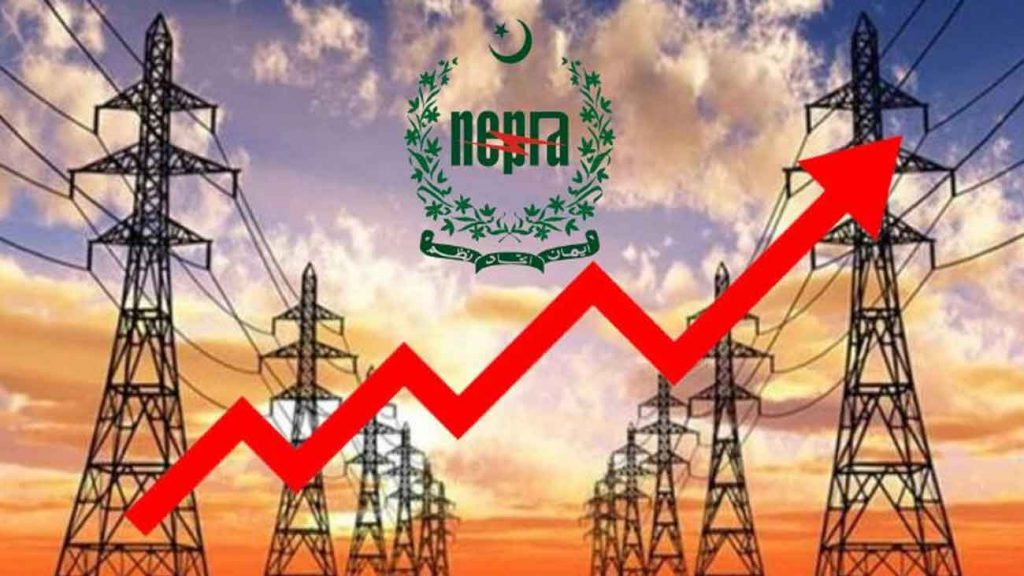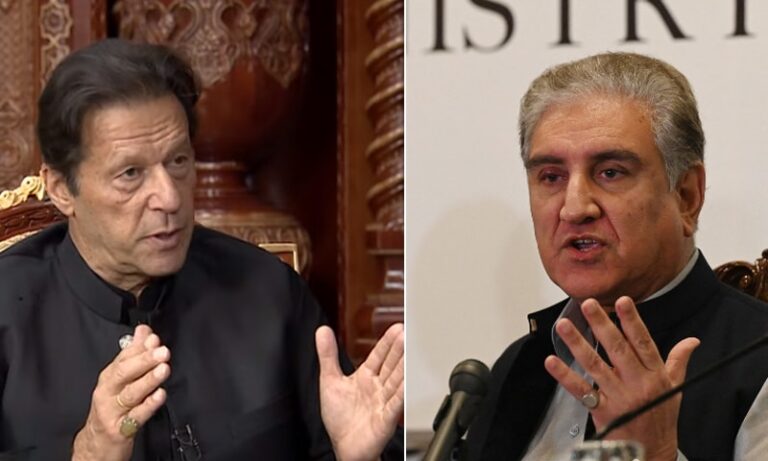EDITORIAL
The National Assembly of Pakistan is the country’s sovereign legislative body. It embodies the people’s will to let themselves be governed under the democratic, multi-party Federal Parliamentary System. The National Assembly makes laws for the Federation in respect of the powers enumerated in the Federal Legislative list.
Article 52 of the constitution provides the duration of the national assembly.https://republicpolicy.com/will-the-dissolution-of-provincial-assemblies-ensure-early-elections/
Duration of National Assembly.
The National Assembly shall, unless sooner dissolved, continue for a term of five years from the day of its first meeting and shall stand dissolved at the expiration of its term.
A province’s provincial assembly represents the people’s will to perform certain functions in connection with the distribution of schedule IV of the constitution. The term of the Provincial Assembly in Pakistan, according to Article 107, is five years unless it is sooner dissolved from the day of its first meeting and stands dissolved at the expiration of its terms.
Duration of Provincial Assembly.
A Provincial Assembly shall, unless sooner dissolved, continue for a term of five years from the day of its first meeting and shall stand dissolved at the expiration of its term.
The duration of national and provincial assemblies is five years, according to the constitution of Pakistan. Therefore, the term has a constitutional guarantee. However, it has been observed that the span of the term is long for the political development of democracy in the country. The fifth year for the last four democratic terms has been catastrophic for the political and economic stability of the country. The years 2007,2012,2018, and 2022 representing the fifth year of each parliamentary term, have been disastrous and damaged the country’s politics and economy.https://republicpolicy.com/resignations-of-provincial-assemblies-are-irrelevant-ik-may-have-lost-it/
Critics attribute several reasons for this political instability. The foremost is that the fifth year is an election year; therefore, the opposition does not allow the government to function potently. Then, the government takes all political decisions and messes with the governance. Democracy is nascent in Pakistan and evolving political values and traditions. Thus, the patience of political parties remains screwed, and it eventually results in instability and political coercion. Politicians hardly compromise on political endeavors, resulting in political and economic instability.
For a nascent and developing democracy like Pakistan, restricting the parliamentary term to four years may not be a bad idea. It will help improve democratic stability in the country. The opposition and all political stakeholders can naturally wait for four years than five years. The recurring electioneering process shall bring political stability and ensure the emergence of functional leadership. The United States of America are successfully implementing the four years regime duration. Hence, political experimentation is essential for the nascent democracy in Pakistan. If the fifth year is creating political chaos and disorder, there is nothing awful to restrict the legislature term to four years. Then, it requires a constitutional amendment and political consensus. As politics is an art of possibility, politicians may embark upon the idea of restraining the legislature term to four years.https://republicpolicy.com/there-are-a-few-good-u-turns-ik-takes-it/

















































